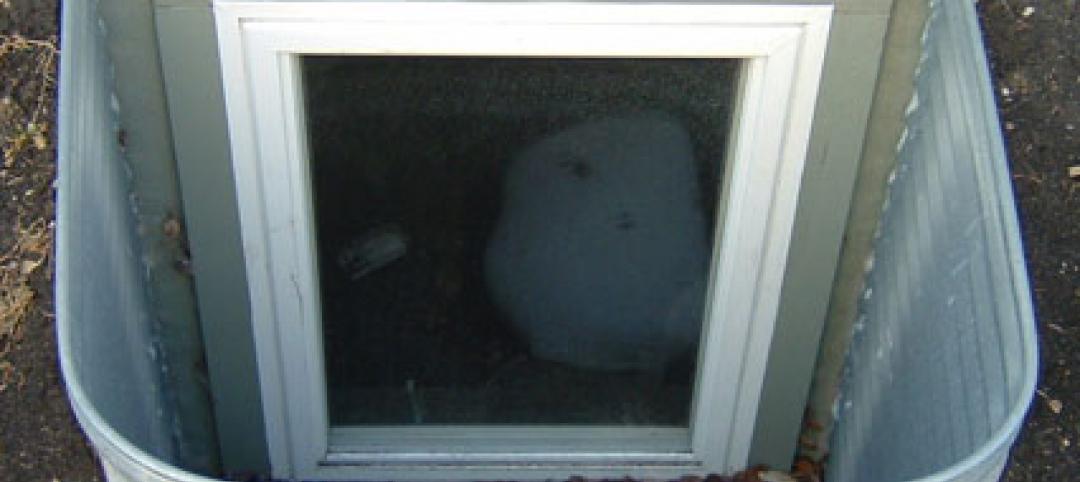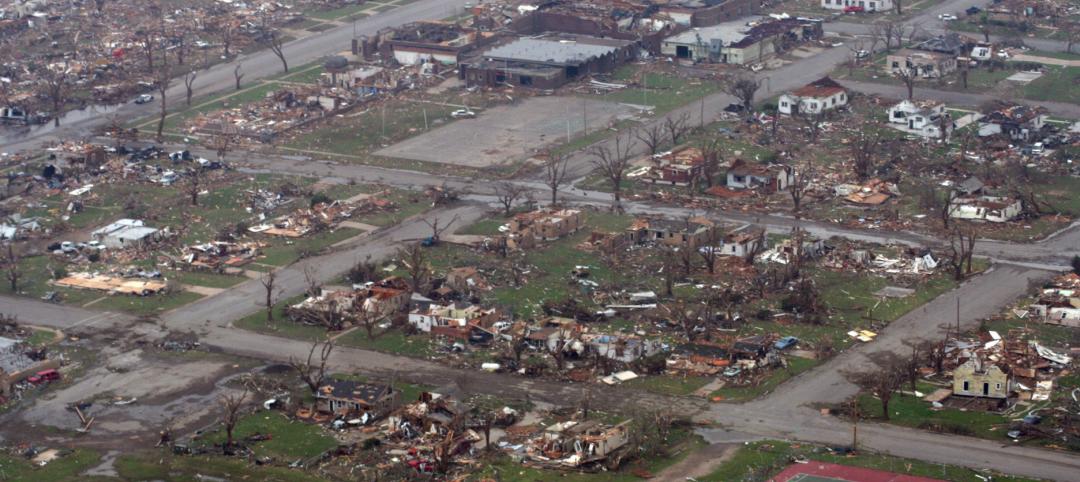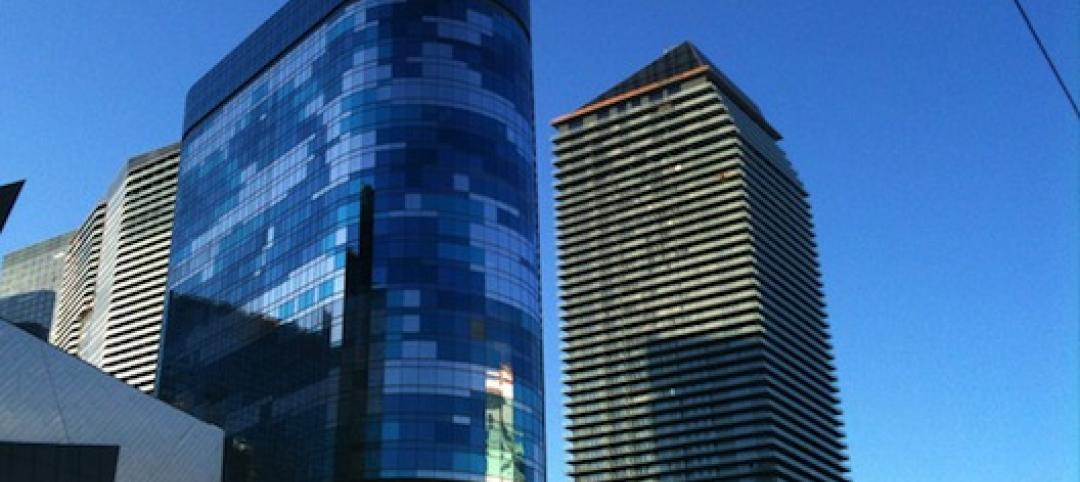A plan to preserve one of Chicago’s most rapidly gentrifying neighborhoods ended in failure when it could not generate community support.
The Pilsen neighborhood, home to Eastern European immigrants in the 19th century and later to newcomers from Mexico, includes ornate “Bohemian Baroque” buildings with brilliant murals expressing the area’s Mexican heritage. The city proposed establishing a historic district to protect more than 850 buildings in Pilsen, but was not able to assuage concerns from neighborhood residents.
The historic district was a part of a larger preservation strategy that included housing supports, economic development measures, park space, and more. Other than some financial support, though, the other measures stalled, prompting suspicion in the neighborhood.
Residents strongly opposed the strategy, fearing that landmarking would not provide relief from displacement and gentrification. Part of the problem: design guidelines on how historic building elements had to be maintained according to the district’s standards were never completed and the city could not present a good estimation on the costs of building repairs nor on the value of incentives that would be available to make repairs.
An important lesson for preservationists is the need to partner with more community development organizations, social justice organizations, housing developers, and planners.
Related Stories
| Aug 16, 2012
Public sector pushes sustainable building forward
Not usually noted for its innovation, the public sector has done the most to advance sustainable building, according to a recent panel of green building professionals.
| Aug 16, 2012
Canada’s first net-positive building under construction in Milton, Ontario
The GreenLife Business Centre in Milton, Ontario near Toronto is set to become the first net-positive energy building in Canada.
| Aug 9, 2012
St. Paul cannot adopt overly restrictive egress windows policy, court rules
The Minnesota state Court of Appeals rejected St. Paul's attempt to adopt a policy on egress windows that was stricter than state law.
| Aug 9, 2012
Fire chief questions building code after St. Louis apartment building fire
A blaze that destroyed a 197-unit apartment building in St. Louis, Mo., displacing 250 residents, led the city’s fire chief to question the materials used in the construction of the four-story building.
| Aug 9, 2012
Ramps have strict criteria for ADA compliance
It is important for businesses to understand that an existing ramp at a building entrance may not mean that barrier removal obligations under the Americans with Disabilities Act have been met.
| Aug 9, 2012
ClickSafety, AGC provide online training program for construction professionals
Construction professionals will be able to take a wide range of mandatory and optional safety training programs online through a new collaboration between the Associated General Contractors of America and ClickSafety.
| Aug 9, 2012
Tornado-ravaged Greensburg, Kansas’s new green buildings save $200K a year
The town of Greensburg, Kan., virtually destroyed by a tornado in 2007, decided to rebuild 13 public buildings according to green standards.
| Aug 2, 2012
FBI investigates Turner, Tishman, Skanska, and Plaza Construction for billing practices on public projects in New York
After charges filed against Bovis Lend Lease in April led to an admission of guilt and $56 million in fines for overbilling clients, federal prosecutors are investigating the billing practices of four more New York City construction firms, according to reports.
| Aug 2, 2012
Court ruling may lead to more destructive testing on unfinished Harmon Tower in Las Vegas
A Clark County, Nevada district court judge ruled that the unfinished Harmon Hotel at CityCenter, operated and half-owned by MGM Resorts, could not use extrapolation when requesting damages at a possible trial.
| Aug 2, 2012
NIBS council recommends private and public measures to improve building sustainability
A new report by the National Institute of Building Sciences Consultative Council highlights four several areas that need focus to improve sustainability in buildings and infrastructure.















